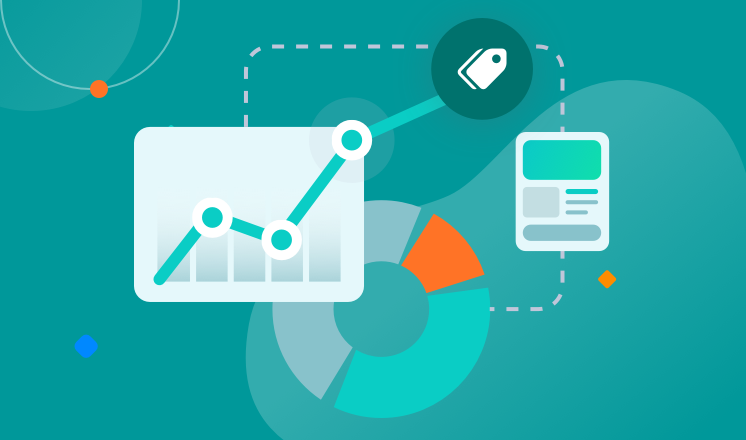As a pivotal European nation known for its economic prowess and technological advancements, Germany boasts a thriving Internet infrastructure, making its proxy servers a subject of considerable interest.
In this article, we will delve into the geographical advantages and practical applications of German proxy servers, explore the privacy and security considerations that come with using them, compare free and paid options, and provide a step-by-step guide to configuring and utilizing German proxy servers. Finally, we will also uncover the potential value of German proxy servers in data collection, ad targeting, and other domains.

1. Geographical Advantages and Practical Applications:
Positioned at the heart of Europe, Germany's advanced Internet infrastructure and stable network connections lend significant advantages to its proxy servers in various scenarios:
Accessing European Websites: Leveraging German proxy servers allows faster access to websites located in other European countries, reducing latency and response times.
Market Research and Competitive Intelligence: Companies can employ German proxy servers to collect data and competitive intelligence on European markets, gaining insights into market demands and competition.
Content Unlocking: German proxies assist users in bypassing restrictions and unlocking content that may be limited to specific regions or countries, enabling freer Internet browsing.
2. Privacy and Security Considerations of German Proxies:
When selecting German proxy servers, privacy and security become paramount considerations. Key factors to bear in mind include:
Logging Policies: Understand whether the proxy provider logs user access and the duration of log retention. Opt for providers that prioritize user privacy by not logging or retaining data for prolonged periods.
Encrypted Communication: Ensure that the proxy servers support encrypted communication to safeguard user data during transmission.
Compliance with Data Protection Regulations: Familiarize yourself with Germany's data protection regulations to ensure that the proxy provider adheres to relevant laws, safeguarding user privacy.
3. Comparing Free and Paid German Proxies:
The choice between free and paid German proxy servers is a common dilemma. Here's a comparison of the two options:
Free German Proxies:
Pros: No cost involved, no payment required.
Cons: Slower speeds, less stability, lower security, potential ads or privacy concerns.
Paid German Proxies:
Pros: Faster speeds, greater reliability, higher security, better customer support and service.
Cons: Requires payment, relatively higher pricing.
The choice between free and paid proxies depends on individual needs and considerations.
4. Configuring and Utilizing German Proxy Servers
Step One: Choose a Proxy Server Provider Begin by selecting a reputable German proxy service provider. Rely on user reviews, expert evaluations, and trial usage to pick a provider offering excellent performance and service.
Step Two: Obtain Proxy Server Information Once you've selected a provider, you will receive the necessary information, including the proxy server's address, port, and protocol type. You may also receive a username and password if authentication is required.
Step Three: Configure Your System or Applications Next, configure the proxy settings in your desired system or applications. Specific methods may vary depending on the system or application, but typically, you can input the proxy server's address and port in the network settings or the proxy settings of the application.
Step Four: Validate Proxy Connection After configuration, verify that the proxy connection is working correctly. You can access a test website through your browser or use tools like curl to perform network requests to confirm the proxy's functionality.

5. Potential Value of German Proxy Servers in Data Collection, Ad Targeting, and More:
German proxy servers hold significant potential in various areas:
Data Collection: Businesses can utilize German proxy servers to collect data from Germany and other European regions, facilitating market research and business analytics.
Ad Targeting: Advertisers can leverage German proxies to target audiences in Germany more accurately, tailoring ad campaigns to specific demographics.
Conclusion:
This article explored the selection and characteristics of German proxy servers. Germany's geographical advantages and robust Internet infrastructure contribute to the efficacy of its proxy servers in accessing European websites, conducting market research, and unlocking content.
Users must consider privacy and security aspects when choosing a proxy provider, weighing the pros and cons of free and paid options.
Additionally, the step-by-step guide empowers users to configure and utilize German proxy servers independently. Finally, we unveiled the potential value of German proxy servers in data collection, ad targeting, and more, providing users with diverse application insights.



